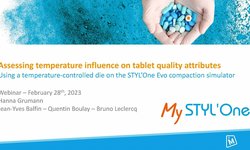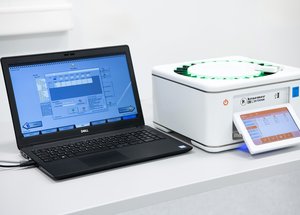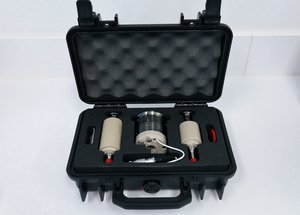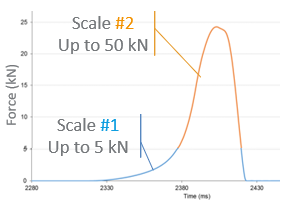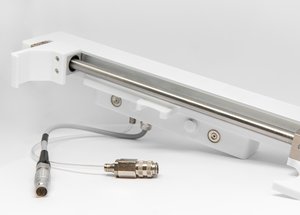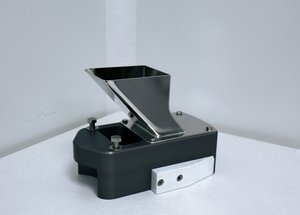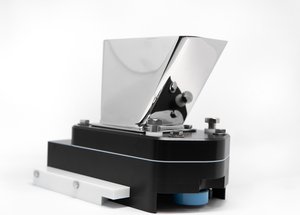Scientific papers
Formulating vaccines in liquid form poses challenges such as stability issues, dependence on a cold chain, and the need for administration by trained personnel. The development of vaccines in tablet form could offer significant advancements, including enhanced stability, simplified administration, and improved distribution and storage. This study explores the feasibility of creating a mucosal tablet vaccine for human influenza viruses. The tablets were assessed in vitro for biological efficacy and stability, and in vivo using swine as a model for influenza A virus immunity.
Initially, the study demonstrated the ability to produce a stable vaccine with preserved antigenicity through compaction. Subsequently, vaccine tablets were employed to immunize pigs. Following the placement of tablets on the buccal mucosa, the animals were challenged with the A/H1N1 pandemic virus. The immune responses were compared to those observed in animals vaccinated intramuscularly with a commercial liquid vaccine. While signs of priming the pig's immune system were evident with vaccine tablets, the immune response remained lower than that achieved through intramuscular vaccination. These findings present promising results, suggesting a favorable potential for mucosal vaccine tablets.
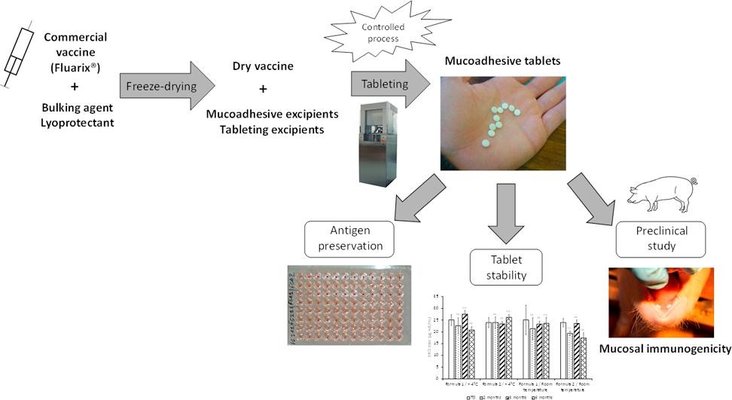
Comments
No comments posted yet.
Add a comment


